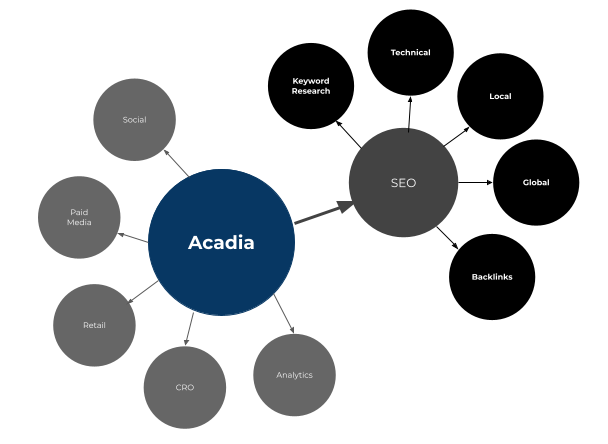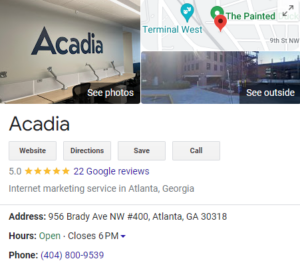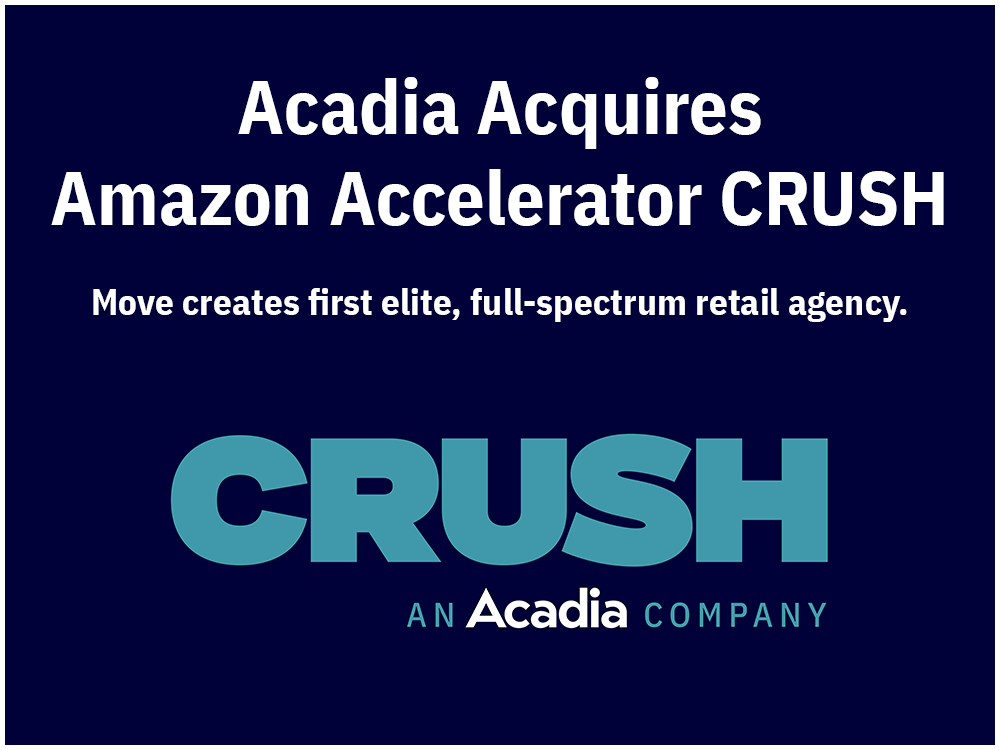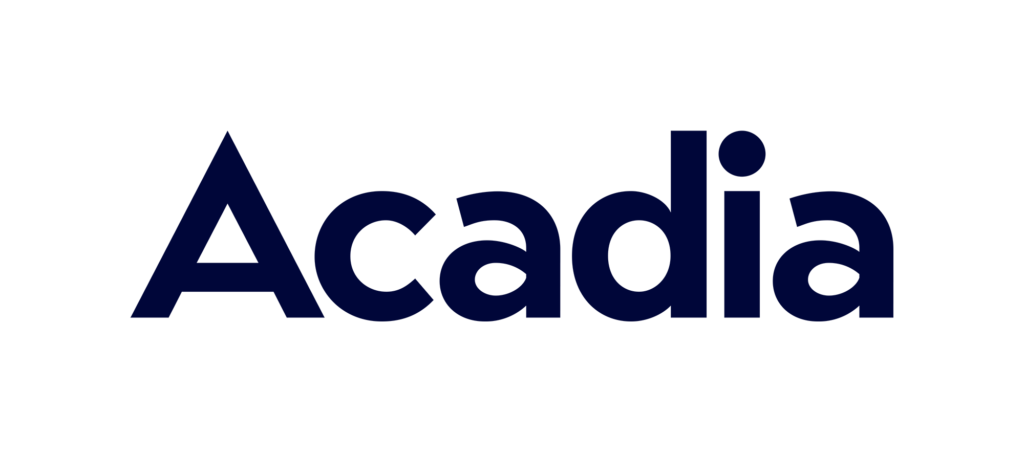Artificial Intelligence (AI) is inciting huge changes to Google's business model. To “Google something” is currently eponymous with searching for information, but with ChatGPT and other AI capabilities, that situation is under siege. Not surprisingly, Google is stepping up to the plate with changes of its own.
In this article, I’ll share what digital marketers need to know about Google’s Knowledge Graph and the importance of adapting to the AI-driven changes happening in search. With Google racing to develop an all-new AI-powered search engine called Project Magi in response to rising AI competitors, it's crucial to understand and ultimately leverage the Knowledge Graph to benefit your business.
Understanding Google's Knowledge Graph
The Knowledge Graph is an extensive database that helps Google understand connections between real-world entities like people, places, and organizations. By gathering information from sources like Wikipedia and the CIA World Factbook, Google can provide users with quick, accurate answers directly in the search results.

Knowledge Graph illustrating Acadia’s services
The Importance of the Knowledge Graph in the AI Era
As AI-powered competitors like Bing and ChatGPT start to threaten Google's search dominance, the tech giant is introducing Project Magi to enhance search experiences through AI-driven features. These features allow users to complete transactions, such as shopping and booking flights, directly within search results. In this new era, having a strong presence in the Knowledge Graph can significantly impact your business. How?
- Enhanced online visibility: The Knowledge Graph helps businesses stand out in search results by displaying rich, structured information about their brand, products, services, or events. This increases the likelihood of attracting potential customers.
- Improved search relevance: Utilizing the Knowledge Graph allows businesses to provide accurate and relevant information to search engines, ensuring that their content appears in search results for the most appropriate queries. This increases the chances of attracting users who are genuinely interested in their offerings.
- Competitive advantage: As AI-powered search engines become more sophisticated and personalized, businesses that effectively leverage the Knowledge Graph will be better positioned to outperform their competitors in terms of search visibility and user engagement.
- Building trust and credibility: By providing structured and accurate information via the Knowledge Graph, businesses can establish themselves as authoritative and trustworthy sources of information, thereby building credibility with users and potential customers.

One way the knowledge graph shows up in Search
This is an extension of Google’s past focus on E-E-A-T content. What is E-E-A-T? Read my earlier blog post to learn more.
Adapting and Optimizing Your Business for the Knowledge Graph
- Google Business Profile: Claim or create your Google Business Profile (GBP) listing, ensuring all information is accurate and up-to-date. Post high-quality photos regularly to show Google your business is active, and claim each location if your business has multiple branches.

Google Business Profile
2. Wikipedia and Wikidata: Provide factual information on your company's Wikipedia page and contribute accurate data to Wikidata. Follow best practices, like citing reliable sources, to ensure your Wikipedia presence is well-received.

Wikidata Entry
3. Schema: Structured data markup, also known as schema markup, serves as the new metadata to help Google gain a deeper understanding of the context and relationships between the content on your web pages. Implementing Organization schema on your homepage is a crucial first step in creating a comprehensive site-wide approach to schema and strengthening your Knowledge Graph presence.
4. Connecting the Dots with Your Other Platforms: Strengthen your brand across platforms like social media and industry-specific directories. Ensure consistency in the information you provide, creating a cohesive and credible presence that contributes to a stronger Knowledge Graph profile.
As AI transforms the search landscape, it's essential to stay ahead of the curve by optimizing your business's presence on Google's Knowledge Graph. By doing so, you'll improve your organic search rankings, build credibility, and attract more customers. Don't miss out on this opportunity to invest in your business's future success.

